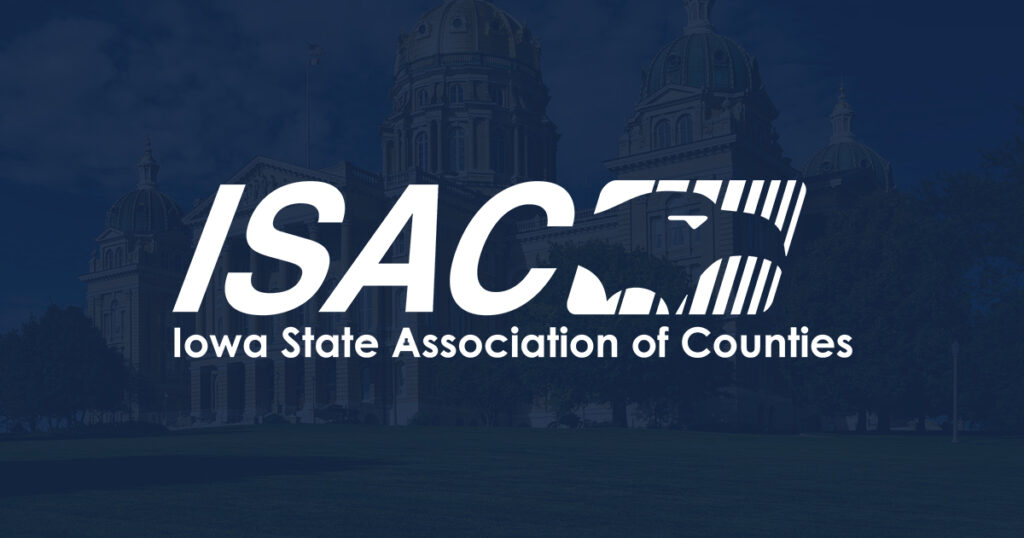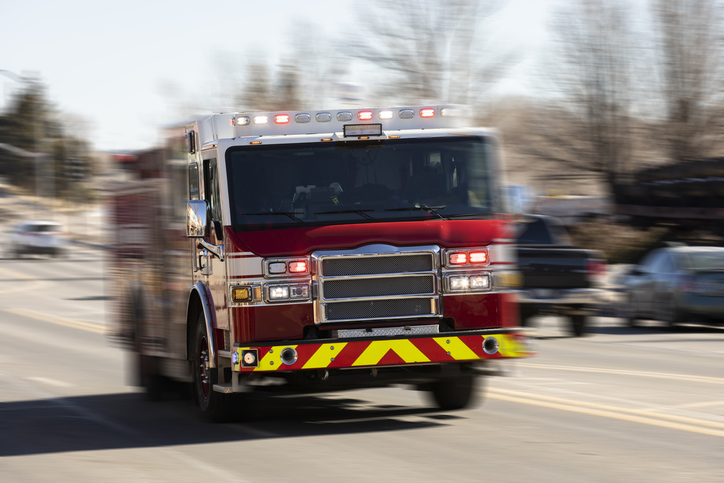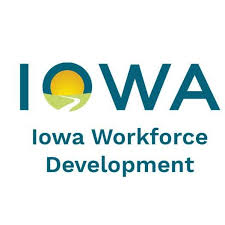Workers’ comp claims not clear-cut when it comes to COVID-19
In Iowa, burden remains on employee to prove virus was contracted through work

JOE GARDYASZ Sep 8, 2020 | 8:53 pm
7 min read time
1,548 wordsGovernment Policy and Law, The Insider Notebook
How will Iowa workers’ compensation cases play out in instances where employees have contracted COVID-19 and file a claim for coverage? That question will likely remain hanging in legal limbo for months while civil cases are tried in the courts, says a West Des Moines attorney who specializes in representing businesses in workers’ comp issues.
While more than one-third of states have outlined specific policies pertaining to whether the coronavirus can be assumed to be a workplace hazard for which employees can be compensated, Iowa officials have remained silent.
“Iowa has not passed any legislation directly pertaining to workers’ compensation and COVID-19 cases, and it remains to be seen how the court will handle these types of claims,” wrote Kathryn Johnson, a civil litigation attorney with McAnany, Van Cleave & Phillips in West Des Moines, in a post on the firm’s website. “However, it appears COVID-19 claims will either be brought under Iowa Chapter 85 pertaining to occupational injuries or Iowa Chapter 85A pertaining to occupational diseases.”
Johnson recently spoke with the Business Record to outline some issues that employers should consider to protect their workers while also limiting their liability and avoiding or mitigating workers’ comp cases or civil lawsuits.
According to a recent report from the National Council on Compensation Insurance, more than one-third of the states have taken either executive or legislative action to address the question of whether COVID-19 exposure can be presumed for some categories of employees and covered by workers’ compensation. Iowa is not among the states that have taken direct action addressing COVID-19 in workers’ comp laws, however.
“We have seen a wide range of responses to the pandemic from policymakers,” said Bill Donnell, president and CEO of NCCI, in an Aug. 19 release. “Our new report provides stakeholders in the workers compensation system with perspective to help them make informed decisions.”
The report tracks COVID-19-related activity through July 31, including eight states — Alaska, Illinois, Minnesota, New Jersey, Utah, Vermont, Wisconsin and Wyoming — that passed legislation establishing presumptions of compensability for COVID-19 for certain workers.
Additionally, 11 states issued executive orders, directives or emergency rules on COVID-19 presumptions and compensability: Arkansas, California, Connecticut, Florida, Illinois, Kentucky, Michigan, Missouri, New Hampshire, New Mexico and North Dakota.
Iowa’s legislature put a measure in place this summer granting broad exemption to businesses from liability upon reopening.
On June 18, Gov. Kim Reynolds signed Senate File 2338, known as the COVID-19 Response and Back-to-Business Limited Liability Act, which provides an exemption from liability for businesses, restaurants and health care facilities as well as makers of protective equipment and cleaning materials, if someone contracts COVID-19 on their premises, provided they have followed required safety guidelines.
Johnson said the intent of the legislation was to strike a balance between protecting businesses — some of which are providing essential services — and protecting the rights of workers to bring legal action if they are harmed by employers that aren’t following recommended safety protocols.
“If all recommended guidelines are followed and an employee contracts COVID-19, it’s still the employee’s burden to prove that he or she was exposed to the virus in the workplace,” she said. “So company policies need to have an investigation procedure in place to question the employee about non-work-related potential exposure.”
To make a successful COVID-19 claim, the employee is generally required to prove the following:
That he or she sustained an injury or disease when contracting COVID-19. (This will likely require a positive COVID-19 test result.)
That the claimant’s injury or disease was caused by their employment with the insured. (The injurious exposure to COVID-19 occurred at work.)
That their claimed disability is causally related to contraction of COVID-19.
How the employee proves his or her claim depends on whether the claim is brought as an “occupational injury” under Chapter 85 or an “occupational disease” under 85A. In Iowa, an injury is compensable if it arises out of and in the course of the employment and the source of injury is traumatic or physical in nature.
A disease, on the other hand, originates from a source that is neither traumatic nor physical. To be compensable, the occupational disease must also arise out of and in the course of the employment, but it must have a direct causal connection with the employment following as a natural incident from an injurious exposure resulting from the nature of the work.
For that reason, the employee is required to prove that: one, the disease is causally related to the exposure to harmful conditions of the field of employment; and two, those harmful conditions are more prevalent in their employment than in everyday life or in other occupations. How an employee decides to pursue a claim can affect the employer and insurance carrier’s strategy for investigation and defense of a claim.
Iowa’s COVID-19 Act (Senate File 2338) specifically pertains to civil litigation and does not affect an employee’s ability to recover benefits from their employer, Johnson said. “Also, that legislation does not affect the employee’s ability to recover for gross negligence from another employee — oftentimes that will be a supervisor,” she said. “There is a narrow exception to the exclusive remedy provision of the Iowa Workers’ Compensation Act that allows a co-employee to be sued for injuries caused by the co-employee’s gross negligence constituting such lack of care as to amount to wanton neglect of the safety of another.
“However, allegations of gross negligence carry a high burden of proof; the employee would have to show that the co-employee had knowledge of the peril, knew that injury was probable, as opposed to possible result of the danger, and consciously failed to avoid the peril. Basically the claimant would have to show that the co-employee knowingly and intentionally placed them in harm’s way, and they knew the employee’s injury was probable. It’s a tough standard to meet, but there is currently active litigation in Iowa alleging gross negligence related to COVID-19 fatalities,” Johnson said.
“To help mitigate some of those risks, one of the things that I’ve been trying to do with my employer businesses is just make sure they understand what the current state of COVID-19 is in their area, and then making sure they have in place an active company policy that deals with infectious disease outbreaks, protocols for containment of the outbreak, notification of potentially exposed individuals, and proper reporting,” she said.
An interesting point to ponder: “Most people who contract COVID-19 recover completely within a few weeks, but some people continue to experience symptoms after their initial recovery. We don’t really know what the long-term effects of COVID-19 are going to be,” Johnson said.
“There are some medical research studies that are coming out that indicate that there might be really long-standing or long-lasting effects from the virus that aren’t manifesting themselves right now that have to do with scarring of the lung tissue or other pulmonary issues, heart conditions or even brain and neurological issues that may not manifest until much later. And how that’s going to be handled under Iowa’s statute of limitations and discovery rule remains to be seen.”
Commissioner: More than 500 initial reports of injury filed involving COVID
At Iowa Workforce Development’s offices in Des Moines, Joe Cortese II oversees the Workers’ Compensation Division as the workers’ compensation commissioner. On average, the division receives between 20,000 and 25,000 initial reports of injury annually.
The commission serves as the administrative law court for workers’ compensation claims, carrying out the laws and policies determined by the Legislature and the governor’s office.
As of Aug. 25, there had been 531 initial reports of injury filed that state they are COVID-19-related claims, according to Penny Maxwell, assistant workers’ compensation commissioner. Of those, 10 petitions have been filed, which means that lawsuits have commenced for those cases.
Just one of those cases has been settled so far — Minjarez v. Iowa Premium Beef. In that case, which reached a compromise settlement, the plaintiff received a $100 payment, with no admission of liability by the employer, Maxwell said.
An initial report of injury is not an admission of liability by the company, Cortese noted. Claims are investigated by private insurance companies that provide the coverage to determine whether they will pay the claim or not.
If the plaintiff in the case has retained an attorney, that attorney will determine whether to file a petition for a lawsuit or to seek a settlement. The claimant has 90 days to file an initial claim, and then the worker has two years to file a lawsuit. If litigation is involved, it could take up to two years for the process to play out, he said.
As commissioner, Cortese oversees 13 administrative law judges in the division who hear cases that go to trial. He has the authority to affirm, modify or reverse the judges’ rulings in the 5% to 10% of cases that are appealed. A similar percentage get appealed to the state district courts, and a few cases each year reach the Iowa Supreme Court and the Iowa Court of Appeals.
Editor’s note: This article was corrected to reflect that a worker has 90 days to file an initial claim, and then the worker has two years to file a lawsuit.











